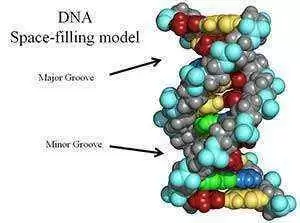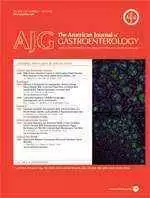Celiac.com 07/03/2013 - Researchers have completed a genetic study of six autoimmune diseases, including diabetes, the largest such study of human disease genetics to date. The study will help scientists in their efforts to uncover the causes of these diseases, which include autoimmune thyroid disease, celiac disease, Crohn’s disease, psoriasis, multiple sclerosis and type 1 diabetes.
 While currently unknown, the underlying causes of these conditions are believed to involve a complex combination of genetic and environmental factors. In each of the six diseases, the identified genetic variants explained only a proportion of the heritability.
While currently unknown, the underlying causes of these conditions are believed to involve a complex combination of genetic and environmental factors. In each of the six diseases, the identified genetic variants explained only a proportion of the heritability.
Celiac.com Sponsor (A12):
Under one of the current major genetic disease hypotheses, the so called ‘rare-variant synthetic genome-wide association hypothesis,’ a small number of rare variants in risk genes are likely the major cause of the heritability of these conditions.
In their study, the research team used high-throughput sequencing techniques, in an effort to identify new genetic variants, including rare and potentially high risk variants, in 25 previously identified risk genes taken from a sample of nearly 42,000 patients.
Their data suggest that the genetic risk of these diseases more likely results from a complex interaction of hundreds of variants, each small on its own, but which, taken together impact the development of these six diseases.
They estimate that rare variants in these risk genes make up only about three per cent of the heritability of these conditions that can be explained by common variants.
The results, says lead study author David van Heel, suggest that "risk for these autoimmune diseases is not due to a few high-risk genetic variations." Rather, risk is likely due to a "random selection from many common genetic variants which each have a weak effect.”
This could mean that it will never be possible to accurately predict a person's risk of developing any of these six autoimmune diseases, simply because there are too many variables.
“However, the results do provide important information about the biological basis of these conditions and the pathways involved, which could lead to the identification new drug targets,” said van Heel.
Source:
- Open Original Shared Link; and Open Original Shared Link.









Recommended Comments